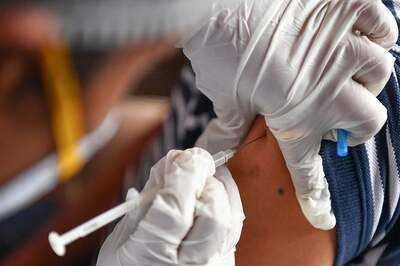
The Pune Municipal Corporation (PMC) at the beginning of March initiated a large-scale Japanese Encephalitis (JE) vaccination drive. The campaign aims to vaccinate children aged 1 to 10 years across multiple city zones, with an overall goal of vaccinating 10.43 lakh children in the state.
The free vaccination campaign was set up by PMC in schools, Anganwadi centres and community hubs. A total of 1,238 teams have been deployed for the campaign, covering 603 schools and 637 Anganwadi centres under PMC's jurisdiction.
Dr Rajesh Dighe, PMC's immunisation officer, told The Free Press Journal, "The targeted numbers are yet to be achieved. Currently, due to summer holidays and exams, schools are not functioning. We will continue the drive after the schools reopen following summer vacations."
According to the data provided by PMC, the civic body has so far vaccinated more than 2,36,249 children between the ages of one and 15 years, including 1,05,955 girls and 1,20,965 boys. Contrary to usual trends where boys outnumber girls in vaccination drives, this campaign has seen a higher number of girls getting immunised.
To ensure extensive coverage, PMC has called on private schools to support the vaccination drive. The Maharashtra Public Health Department has issued guidelines for JE's second phase of vaccination after a year-long delay on February 10, 2025, to districts including Pune, Raigad and Parbhani under the second phase.
According to WHO, the Japanese encephalitis virus (JEV) is an important cause of Acute Encephalitis Syndrome (AES) in Asia. It is a mosquito-borne flavivirus and belongs to the same genus as dengue, Zika, yellow fever and West Nile viruses. The disease primarily affects children under the age of 15 years. 70 per cent of those who develop illness either die or survive with a long-term neurological disability.
PMC has urged parents to actively participate in the immunisation programme by ensuring their children receive the vaccine.